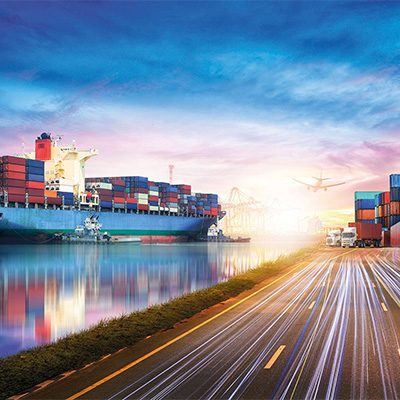Professor Richard Wilding OBE, Professor of Supply Chain Strategy, Cranfield University comments on what may result if households use alternative products:
An innocent consumer 'substitution' could create serious consequences for other supply chains that are critical to society and life.
During the panic buying of toilet paper and other tissue products it is unlikely that consumers are considering the consequences of using alternative products for the tasks they were not designed for.
For example, we are seeing shortages of toilet paper but also worrying shortages of paper kitchen towels, industrial paper towel and other wipe products used, for example, in garages and workshops. If kitchen towels, baby wipes or industrial papers is used as a replacement to toilet paper our sewage systems could readily become blocked resulting in blocks sewers and the resulting chaos and increased health risks associated with this. Ultimately water companies may not have the infrastructure and equipment to unblock the sewer system. Water companies recommend that just three things are put down the loo – don’t forget the 3 Ps – Pee, Poo and Toilet Paper only – kitchen towels, industrial towels and baby wipes must be disposed of correctly, if they get into the sewage system and it becomes blocked a further challenge to public health could develop.
A further example is the panic buying of dust masks; as shortages in pharmacies and chemists start to bite, consumers are reported to be turning to building hardware suppliers for face masks and body suits. This means builders, tilers and plasterers or others workers who regularly use masks for protection against airborne particulate matter, for instance, are struggling to get hold of this equipment from certain suppliers. Yet the construction industry relies on this PPE for people to carry out their work - as employers, companies can’t expect their staff to continue without it and Personal Protective Equipment at Work Regulations 1992 place a duty of care on every employer. So without such equipment employees are unable to work and companies are subsequently unable to undertake work. UK companies who supply these sectors are starting to feel the strain on certain PPE items and this needs to be monitored.
The issue where a seemingly unrelated supply chain channel causes disruption is known as a 'supply chain parallel interaction'. In this case, the consumer supply of medical face masks is drying up, so customers turn to industry sources; similarly the substitution of kitchen towels for toilet paper will have a knock-on effect of disrupting the sewage treatment supply chain, causing shortages in their supply chain as a knock-on effect, thus disrupting seemingly unrelated industry or sector.
About Cranfield University
Cranfield University is a specialist postgraduate university that is a global leader for education and transformational research in technology and management.





